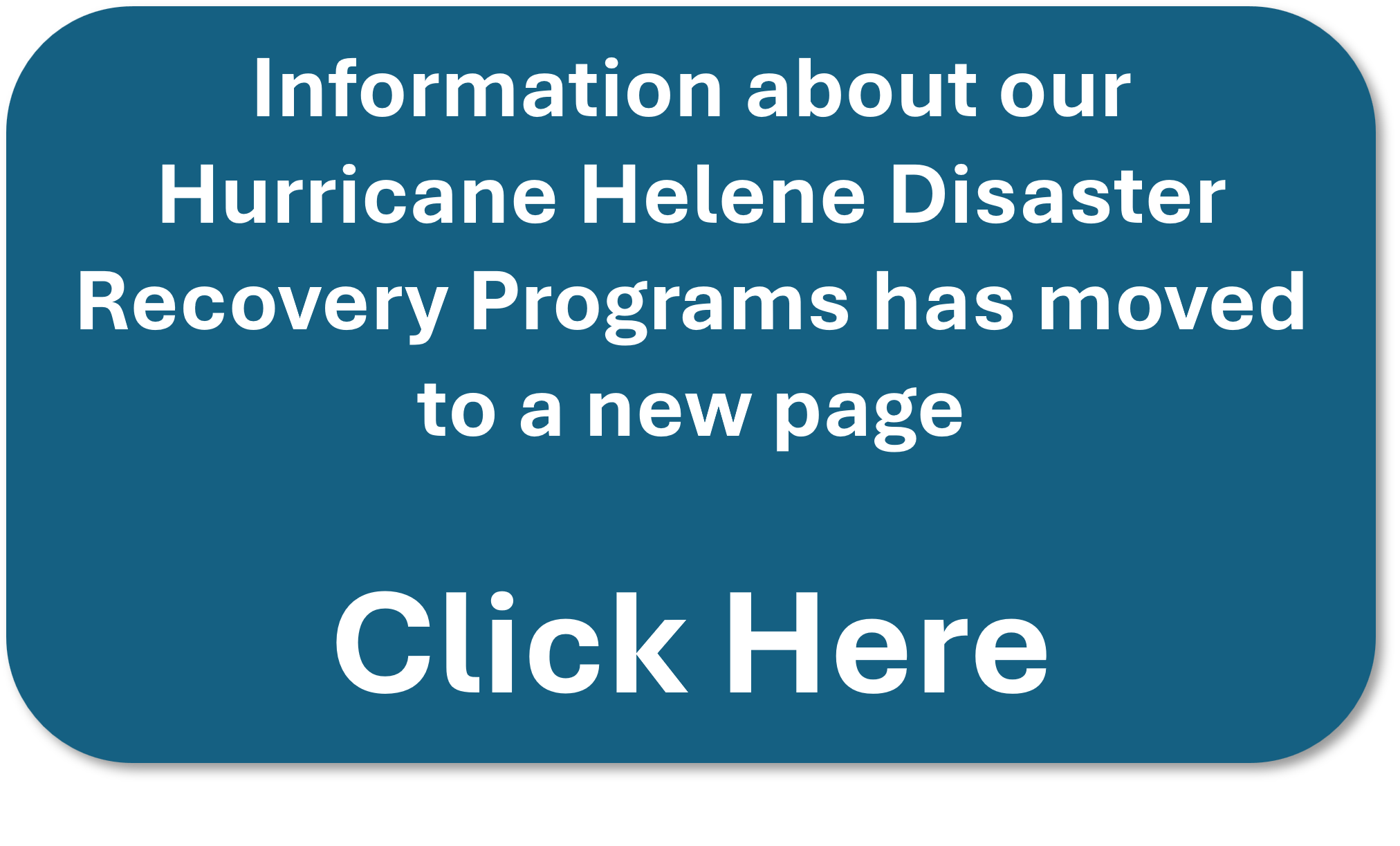About Us
 The Official Web Site of the State of South Carolina
The Official Web Site of the State of South Carolina

Notice of Finding of No Significant Impact and Notice of Intent to Request Release of Funds (PDF) Abbeville County
Notice of Finding of No Significant Impact and Notice of Intent to Request Release of Funds (PDF) Anderson County
Notice of Finding of No Significant Impact and Notice of Intent to Request Release of Funds (PDF) Laurens County
Notice of Finding of No Significant Impact and Notice of Intent to Request Release of Funds (PDF) Oconee County
Notice of Finding of No Significant Impact and Notice of Intent to Request Release of Funds (PDF) Pickens County
Notice of Finding of No Significant Impact and Notice of Intent to Request Release of Funds (PDF) Aiken County
Notice of Finding of No Significant Impact and Notice of Intent to Request Release of Funds (PDF) Edgefield County
Notice of Finding of No Significant Impact and Notice of Intent to Request Release of Funds (PDF) Saluda County
Notice of Finding of No Significant Impact and Notice of Intent to Request Release of Funds (PDF) Cherokee County
Notice of Finding of No Significant Impact and Notice of Intent to Request Release of Funds (PDF) Union County
Notice of Finding of No Significant Impact and Notice of Intent to Request Release of Funds (PDF) McCormick County
Notice of Finding of No Significant Impact and Notice of Intent to Request Release of Funds (PDF) Spartanburg County
Notice of Finding of No Significant Impact and Notice of Intent to Request Release of Funds (PDF) Orangeburg County
Notice of Finding of No Significant Impact and Notice of Intent to Request Release of Funds (PDF) Greenville County
Notice of Finding of No Significant Impact and Notice of Intent to Request Release of Funds (PDF) Greenwood County
-
Final Notice and Public Explanation of a Proposed Activity in a Federal Flood Risk Management Standard Designated Floodplain and/or Wetland (PDF) Abbeville, Anderson, Laurens, Oconee, and Pickens Counties
Final Notice and Public Explanation of a Proposed Activity in a Federal Flood Risk Management Standard Designated Floodplain or Wetland (PDF) Aiken, Cherokee, Edgefield, Saluda, and Union Counties
Final Notice and Public Explanation of a Proposed Activity in a Federal Flood Risk Management Standard Designated Floodplain or Wetland (PDF) McCormick, Greenville, Greenwood, Spartanburg, and Orangeburg Counties
-
Early Notice and Public Review of a Proposed Activity in a Federal Flood Risk Management Standard Designated Floodplain and/or Wetland (PDF) Aiken, Cherokee, Edgefield, Saluda, and Union Counties
Early Notice and Public Review of a Proposed Activity in a Federal Flood Risk Management Standard Designated Floodplain and/or Wetland (PDF) McCormick, Greenville, Greenwood, Spartanburg, and Orangeburg Counties
Early Notice and Public Review of a Proposed Activity in a Federal Flood Risk Management Standard Designated Floodplain and/or Wetland (PDF) Abbeville, Anderson, Laurens, Oconee, and Pickens Counties
-
Hurricane Helene IDQ Pre-Submittal Conference Slides (PDF)
-
RFQ - Environmental Services for Hurricane Helene - Area 1 Revised (PDF)
RFQ - Environmental Services for Hurricane Helene - Area 2 Revised (PDF)
RFQ - Environmental Services for Hurricane Helene - Area 3 Revised (PDF)
RFQ - Environmental Services for Hurricane Helene - Area 4 Revised (PDF)
RFQ - Environmental Services for Hurricane Helene - Area 5 Revised (PDF)
-
RFQ - Environmental Services for Hurricane Helene - Area 1 (PDF)
RFQ - Environmental Services for Hurricane Helene - Area 2 (PDF)
RFQ - Environmental Services for Hurricane Helene - Area 3 (PDF)
RFQ - Environmental Services for Hurricane Helene - Area 4 (PDF)
RFQ - Environmental Services for Hurricane Helene - Area 5 (PDF)
Disaster Recovery Services Solicitation (External Website)
-
Hurricane Helene Rapid Rebuild TOC - Pre-Submittal Conference Slides (PDF)
-
RFQ - General Contracting Services - Hurricane Helene Rapid Rebuild - Area A (PDF)
RFQ - General Contracting Services - Hurricane Helene Rapid Rebuild - Area B (PDF)
RFQ - General Contracting Services - Hurricane Helene Rapid Rebuild - Area C (PDF)
RFQ - General Contracting Services - Hurricane Helene Rapid Rebuild - Area D (PDF)
RFQ - General Contracting Services - Hurricane Helene Rapid Rebuild - Area E (PDF)
-
Contractors Statement of Qualifications & Questionnaire - Area A (DOCX)
Contractors Statement of Qualifications & Questionnaire - Area B (DOCX)
Contractors Statement of Qualifications & Questionnaire - Area C (DOCX)
Contractors Statement of Qualifications & Questionnaire - Area D (DOCX)
Contractors Statement of Qualifications & Questionnaire - Area E (DOCX)